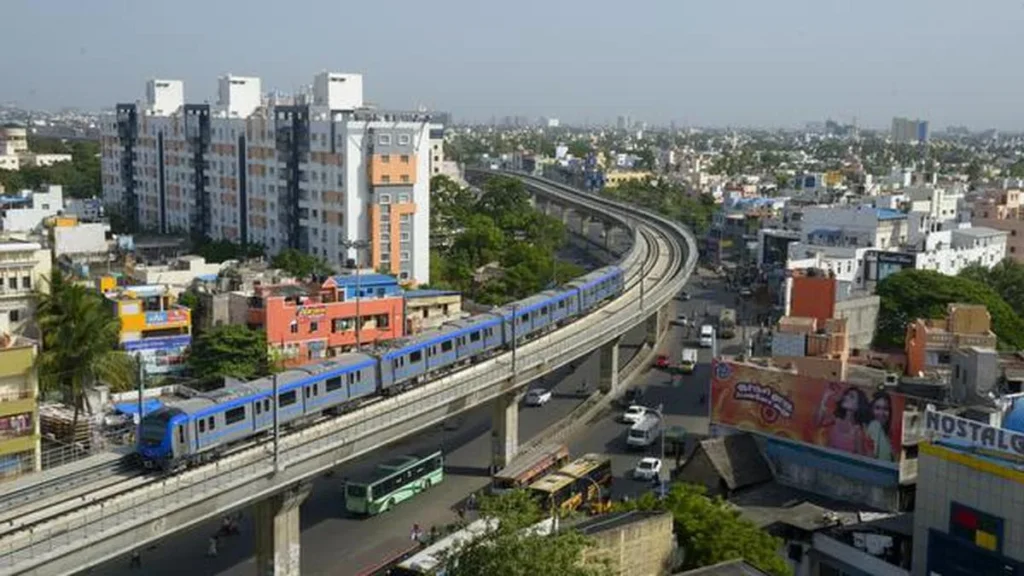The Parliamentary Standing Committee on Housing and Urban Affairs assessed the Smart Cities Mission (SCM), highlighting key issues and offering recommendations for its improvement.
Key Issues Highlighted in the Report:
Funding Challenges
- A significant finding is the low percentage of SCM projects funded through Public-Private Partnerships (PPPs), which falls short of the recommended targets.
- Lack of convergence of funds from other national or state missions has led to coordination issues and inefficient resource utilization.
Implementation Disparities
- There are marked discrepancies in project completion rates among cities, with some lagging considerably behind.
- Cities in the Northeastern region, Union Territories, and hilly areas face particular challenges in project execution due to various factors.
- Governance structures and monitoring capacities of Special Purpose Vehicles (SPVs) overseeing the mission have been identified as inadequate.
Infrastructure Maintenance and Sustainability
- Concerns have been raised about the long-term maintenance of infrastructure and digital assets created under SCM.
- The necessity for greenfield development masterplans and the involvement of elected representatives in planning and decision-making processes are emphasized.
Data Security and Privacy
- The risks associated with the large volumes of data generated by Integrated Command and Control Centres (ICCCs) and other digital platforms are significant.
- Recommendations include robust cybersecurity measures to safeguard sensitive public and private data.
Governance and Accountability
- Challenges stem from frequent CEO transfers and the absence of clear guidelines for their tenure.
- State-level advisory forums are criticized for inadequate representation and irregular meetings, which hinder effective decision-making and leveraging expertise.
Key Recommendations by the Committee:
- Extension to Second-Tier Cities: Focus on decongesting state capitals and continuing SPVs for effective project management is recommended to extend the benefits of SCM to second-tier cities.
- Handholding Cities for Project Completion: The Ministry of Housing and Urban Affairs (MoHUA) is urged to assist cities beyond the SCM deadline to ensure the completion of projects.
- Maintenance of Infrastructure and Digital Assets: Emphasis is placed on the upkeep of assets created under SCM and the implementation of privacy safeguards to ensure their longevity and security.
- Assistance in Formulating Masterplans: The Central government is encouraged to assist cities in formulating masterplans for greenfield development to ensure sustainable urban growth.
- Addressing Inter-City Disparities: The need to develop separate plans for smaller cities, particularly in the northeast, to ensure equitable distribution of resources and benefits.
- Analysis of Funding Shortfalls: The government is tasked with analyzing the reasons for funding failures and introducing remedial measures to encourage PPPs and loan generation.
- Improved Governance Structure: Implementing fixed tenures for CEOs and establishing a strong governance structure with representation from various stakeholders is deemed crucial for the mission’s success.
- Regular Smart City Advisory Forum Meetings: Ensuring the regular convening of state-level advisory forum meetings is recommended to leverage expertise and the grassroots connections of elected representatives and other stakeholders.
Ref: Source
| UPSC IAS Preparation Resources | |
| Current Affairs Analysis | Topperspedia |
| GS Shots | Simply Explained |
| Daily Flash Cards | Daily Quiz |


